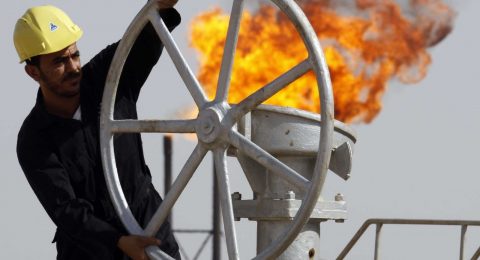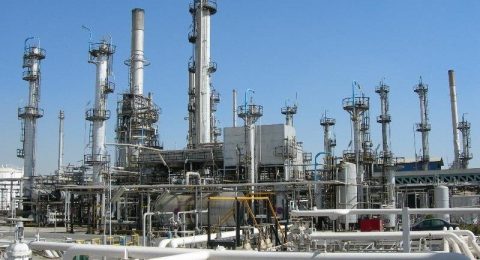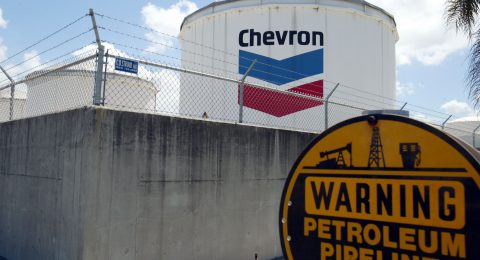Chevron Corp, the second-largest U.S.-based oil producer, said on Friday its oil and natural gas reserves fell 1 percent last year largely due to the sale of its stake in a Chad oil field.
The company had proved reserves of 11.1 billion barrels of oil equivalent on Dec. 31, about 1 percent lower than a year earlier.
Even as Chevron has five major projects coming online by the end of the decade, dwindling reserves have become a key concern for international energy companies, many of which have massive capital budgets to find and extract oil and natural gas.
San Ramon, California-based Chevron is also grappling with plunging crude oil prices , which Chief Executive John Watson said last month would lead to “significant cost reductions.”
Other companies, too, such as Exxon Mobil, Royal Dutch Shell, have aggressively tried to balance cheap oil with the crucial need to find and develop new reserves that are increasingly found in remote places such as Papua New Guinea and the Arctic Circle.
At the end of 2014, about 20 percent of Chevron’s reserves were in Kazakhstan and 19 percent in the United States, the largest single areas of holdings, Chevron said.
Last year, Chevron sold its stake in an oil concession and pipeline system in Chad’s Doba Basin to the country’s government for $1.3 billion.
The exit from the project, led by Exxon, was largely seen as a way to refocus cash toward Chevron’s Permian shale holdings in Texas, considered one of the largest shale oil reserves in the world.
While Chevron has invested billions of dollars in global energy projects in recent years, investors have grown anxious as smaller independent rivals, including Whiting Petroleum and Continental Resources, have successfully developed U.S. shale plays.
More than half of Chevron’s 1.5 million Permian acres don’t require royalty payouts to landowners, an advantage over rivals. Chevron is trying to lift Permian production to 250,000 barrels of oil equivalent per day by 2020.
Proved reserves refers to oil and natural gas reserves that can be successfully recovered using existing technology. It differs from unproven reserves, a metric that describes an oil or gas field’s potential, which may be limited by geology, politics and other factors.
Shares of Chevron fell 0.5 percent in afternoon trading Friday to $107.85.
Source: Reuters












